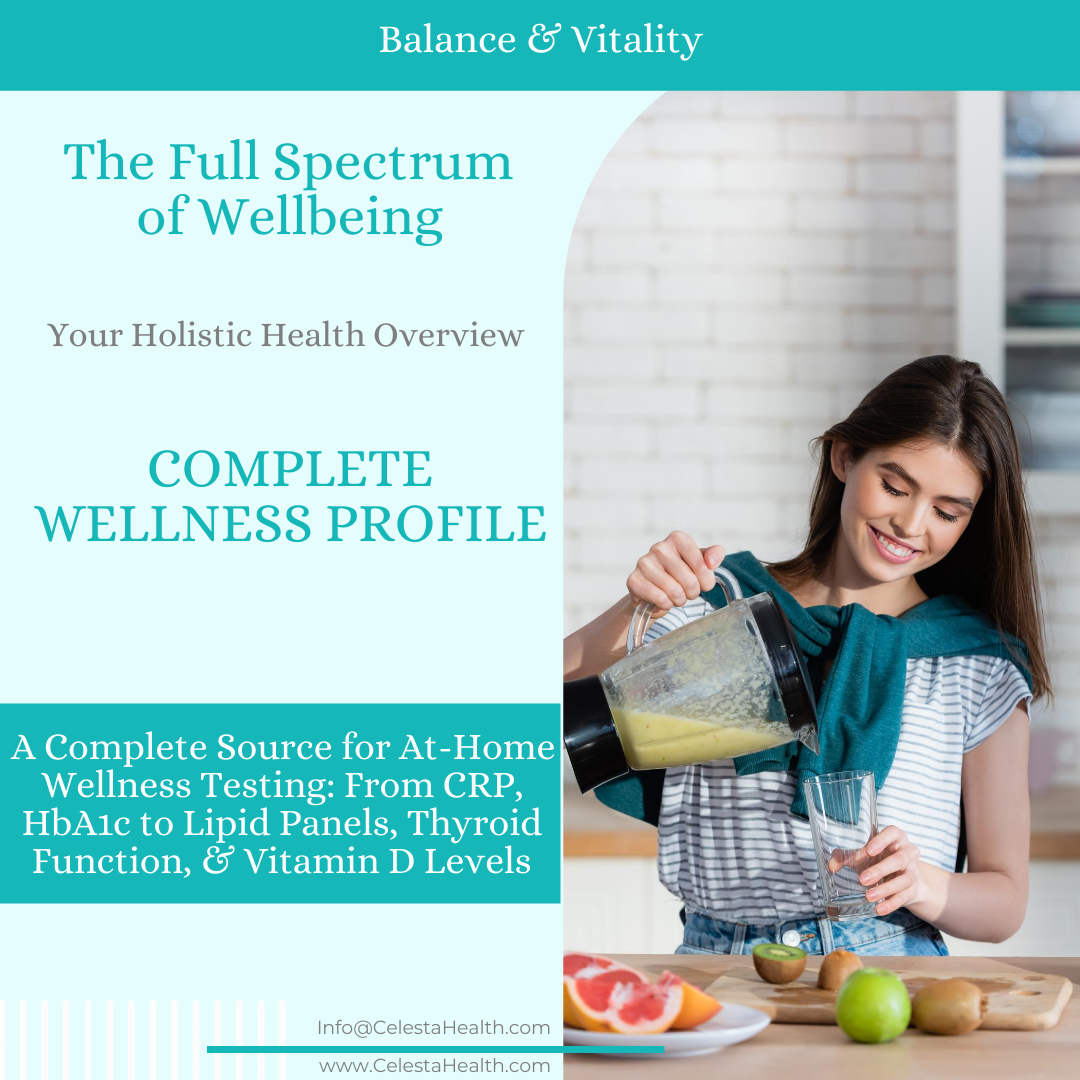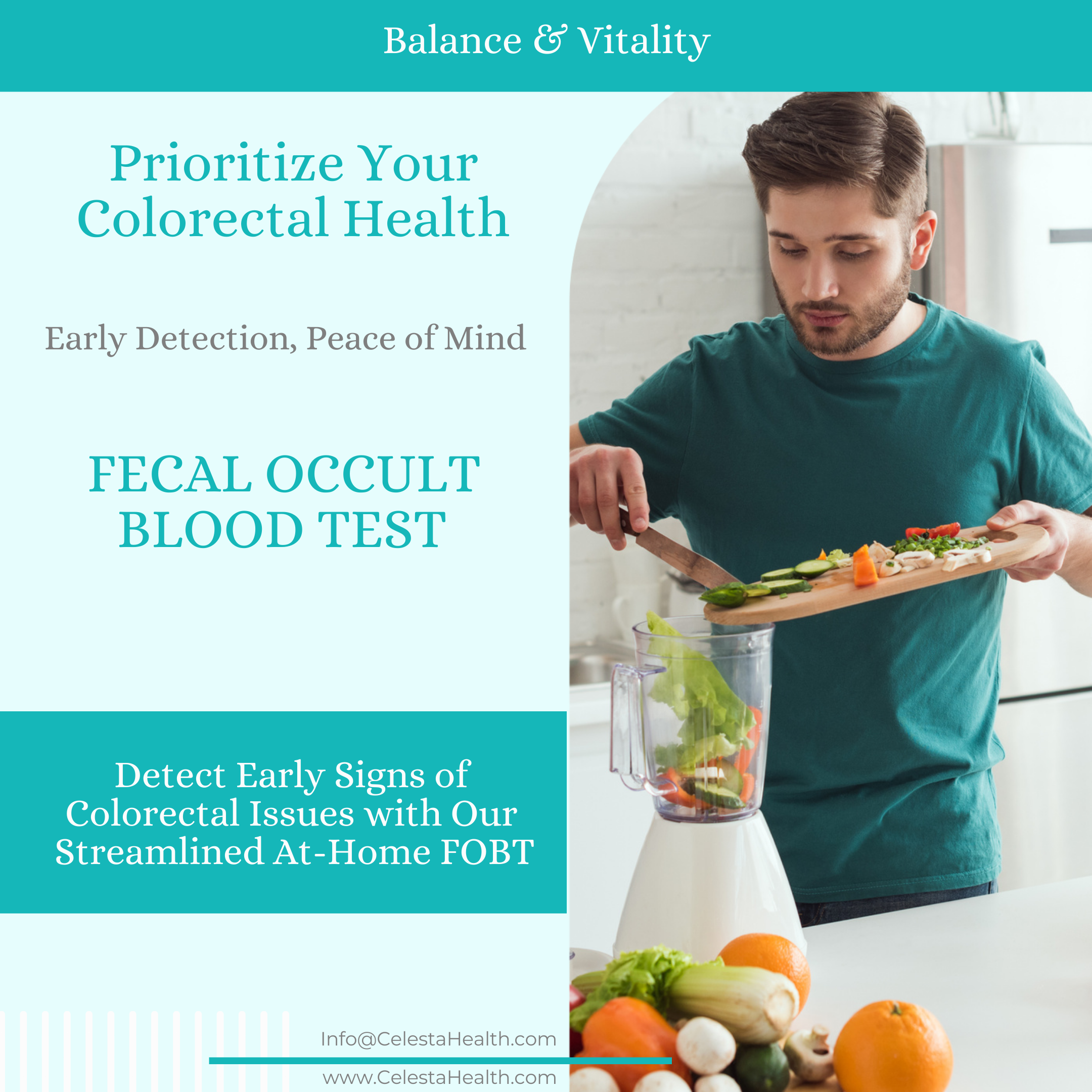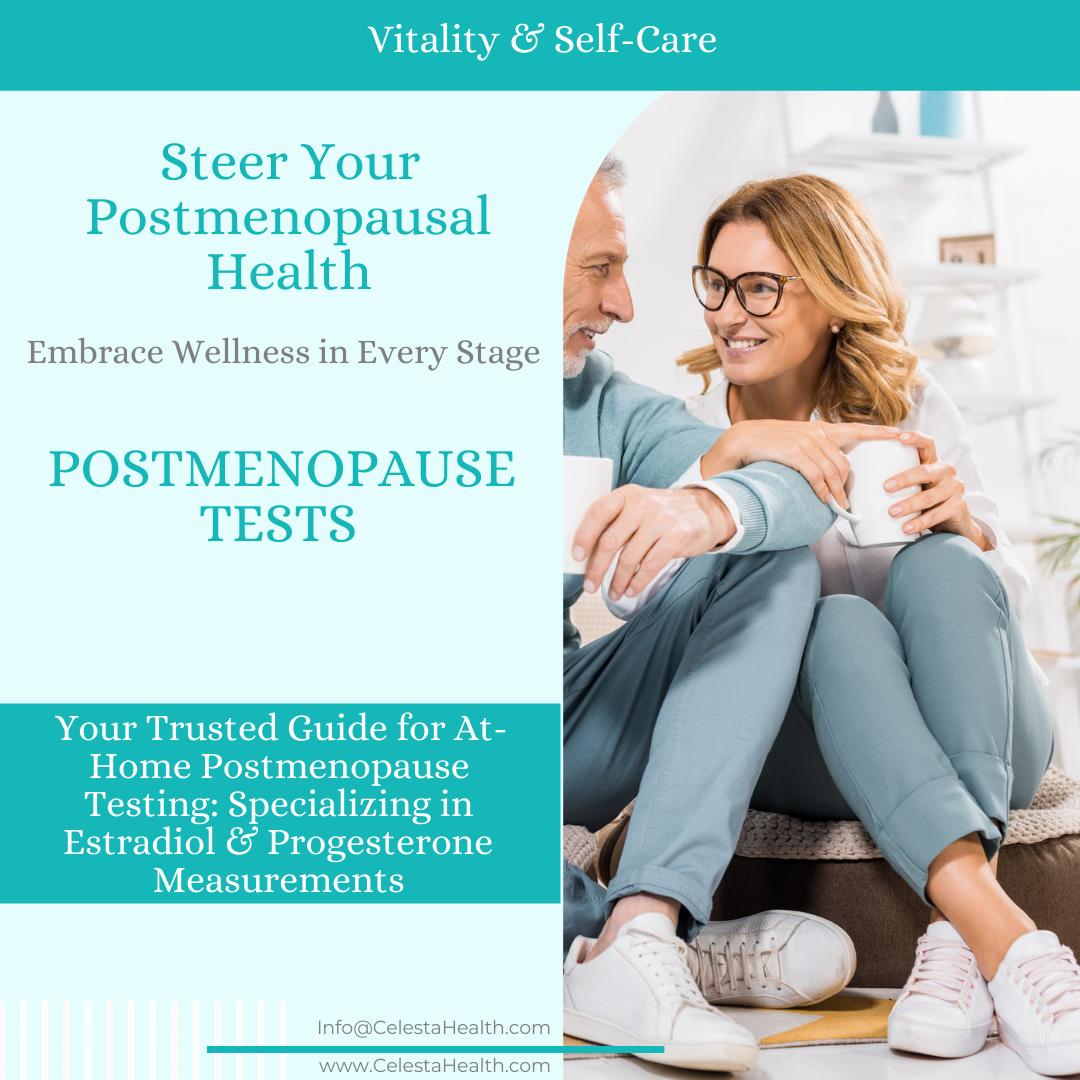Complete Wellness Profile
$249.00
Take charge of your health with our At-Home Complete Wellness Profile. This convenient testing kit measures key indicators like inflammation, blood sugar levels, heart health, thyroid function, and vitamin D levels, giving you a comprehensive view of your health status right from the comfort of your home.
Secure Checkout
We encrypt all transactions.
CLIA Certified Lab
We meet & exceed all CLIA standards.
Access to Consultations
Consult with our Board-Certified Physicians.
Access to Coaches & Nutritionists
Award-winning Fitness & Nutrition Coaches.
What's Measured:
C-Reactive Protein (HsCRP): This test measures the level of C-reactive protein in the blood, an indicator of inflammation within the body. Elevated levels can indicate acute or chronic inflammation, suggesting the presence of health conditions ranging from infections to heart disease and autoimmune disorders.
Hemoglobin A1c: This test provides an average of the individual's blood sugar levels over the past three months, crucial for diagnosing and monitoring diabetes or prediabetes. It helps assess the risk of developing diabetes-related complications.
Lipid Panel: The lipid panel is a crucial component of the Complete Wellness Panel, providing detailed insights into an individual's cardiovascular health through the measurement of various types of fats in the blood. Here's an expanded overview of each component within the lipid panel:
Total Cholesterol: Measures all types of cholesterol in the blood, giving an overall picture of heart health.
Low-Density Lipoprotein (LDL) Cholesterol: Often termed "bad" cholesterol, it's associated with an increased risk of heart disease and stroke.
High-Density Lipoprotein (HDL) Cholesterol: Known as "good" cholesterol, it helps remove other forms of cholesterol from the bloodstream.
Triglycerides: The most common type of fat in the body, high levels can increase the risk of coronary artery disease.
Thyroid Stimulating Hormone (TSH): This test evaluates thyroid gland function, providing insights into metabolic rate and overall hormonal balance. It helps detect thyroid disorders like hypothyroidism and hyperthyroidism.
Vitamin D 25 Hydroxy: Measures the level of vitamin D, vital for bone health, immune function, and general well-being. This test identifies vitamin D deficiencies, which can lead to various health issues.
Each component of the Complete Wellness Panel provides valuable insights, enabling individuals and healthcare providers to understand various health metrics and take proactive steps towards maintaining or improving overall health. This panel is instrumental in early detection of potential health issues, allowing for timely interventions and lifestyle adjustments to enhance wellness and prevent disease.
When to Test:
Experiencing Symptoms: If symptoms such as fatigue, joint pain, or unexpected changes in weight or mood are present.
Monitoring Conditions: Useful for those with known heart issues, diabetes, thyroid disorders, or at risk for vitamin deficiencies.
Special Instructions: If you take Biotin supplements containing Biotin (Vitamin B8, vitamin H, or coenzyme R), wait at least 72 hours after your last dose before collecting your sample to avoid interference with the results.
CRP (C-reactive protein) levels can be influenced by a range of factors, including infections, recent surgeries, or conditions that cause inflammation. Activities like heavy exercise and some medications—such as statins, NSAIDs, and hormone replacement therapy—may also affect CRP levels.
This CRP test might not be suitable for those with chronic inflammatory disorders, like rheumatoid arthritis or inflammatory bowel disease, as these conditions can lead to persistently elevated CRP levels.
Should test results show high levels of CRP, the CDC and the American Heart Association advise retesting after two weeks.
It's important to discuss the findings with a healthcare provider for appropriate interpretation and to consider any further necessary medical action.
Fasting Requirement:
Follow your doctor’s advice on fasting, especially if you have health conditions that require attention.
Symptoms to Watch For:
Blood Sugar Irregularities: Increased thirst, frequent urination, fatigue, and blurred vision may necessitate an A1c test.
Cholesterol Concerns: A lipid panel is critical if you have risk factors for heart disease or a family history of high cholesterol.
Thyroid Dysfunction: Symptoms such as changes in weight, energy levels, or body temperature could warrant a TSH test.
Vitamin D Deficiency: Weakness, bone pain, and mood changes are potential signs of low vitamin D levels.




